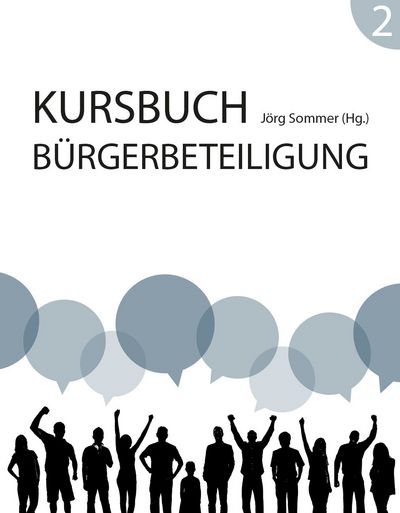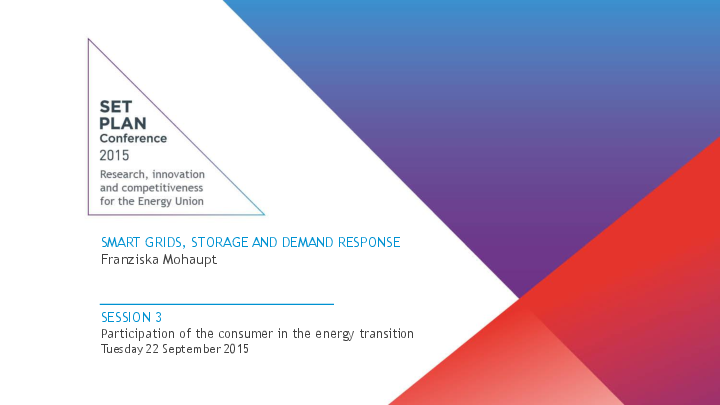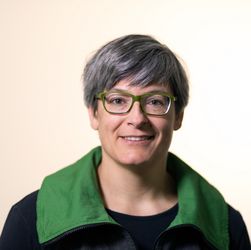Participatory Design of consumer-oriented Innovations for Smart Grids (InnoSmart)
Due to the energy transition, all stakeholders in the energy industry are facing fundamental challenges. They have to realign and coordinate their positions, strategies, decisions and actions. This also applies to private households, as they become “prosumers” since they are able to generate electricity by themselves at home. They actively participate in shaping the future energy system: as producers they supply the grid with locally produced electricity, while their energy storage could contribute to power system stability.
Flexible “smart grids” could be a key to display the changing role of private households in the energy system: supply, consumption and storage of electricity will be balanced in line with price and demand. The key question of the InnoSmart project was how corresponding innovative ideas and solutions could be successfully introduced in practice. The early involvement of citizens in the innovative design of smart grids was thereby the starting point of the project. It is assumed that smart grid user interface innovations might increasingly be accepted when they are participatory developed. In this context it is important to find new ways for power supply companies and users to interact with each other. On the supply side this implies that user requests are accepted as instructive elements and that business models will be developed for a "prosumer market".
The newly developed smart-grid components have been translated into business model options and in the frame of user integration workshops – together with those companies participating in the InnoSmart project – assessed and refined. Project results have been communicated to an expert audience as well as to social and political actors by the project-team through events such as conferences and transfer workshops. Via the link www.partizipativ-innovativ.de an online tool the methodological findings of the participatory design and innovation processes is available to the interested (expert) public (in German only).
IÖW Project Team
- Dr. Christian Dietsche
- Harriet Fünning
- Richard Harnisch
- Dr. Esther Hoffmann
- Philip Luthardt
- Dr. Eugen Pissarskoi
- Lydia Richter
- Leonie Tillmann-Mihm





